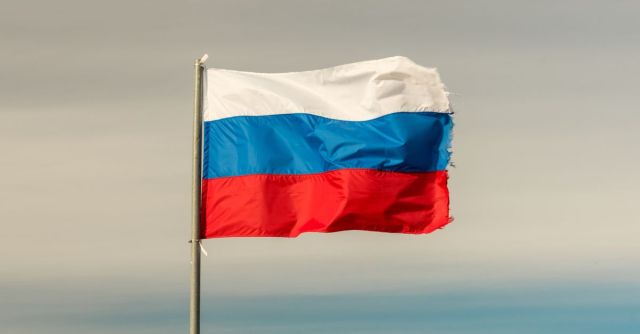At a time and date during 2019 yet to be confirmed, Russia’s major ISPs will in unison temporarily disconnect their servers from the internet, effectively cutting the country off from the outside world.
From the point of view of Russian internet users, everything will appear normal – as long as they are connecting to websites hosted in Russia, which will still work. Anything beyond its borders will suddenly become unavailable, presumably with a message telling them why. It’s not clear how long the test disconnection will go on for.
According to a translated report by Russian news agency RosBiznesKonsalting (RBK), the aim will be to test the feasibility of a concept dubbed the “sovereign RuNet”, or the Russian Internet.
A draft law proposing such a thing reached Russia’s parliament in December, since when the implications of the test disconnection, however temporary, have dawned on nervous local ISPs.
ISPs want more money to help with the test, as well as guarantees they won’t be saddled with the bill to implement a separate proposed system of control in which internet traffic will be routed via the country’s telecom regulator, Roskomnazor.
Reading between the lines, however, it’s clear that the ISPs are worried about an idea that goes against the grain of what the internet is.
On the one hand, not implementing the disconnection would upset the Russian politicians who came up with the idea, as well as Roskomnazor and the Russian Government to which the idea of an internal Russian internet-intranet sounds dandy.
On the other, suddenly not routing internet protocols on this scale risks upsetting a lot of foreign ISPs to whom uptime is somewhere between a matter of pride and a religious commandment.
Internet in splinters
Russian sources have been nattering about the RuNet since 2015, although barely anyone outside the country has paid much attention.
RuNet looks like a plan to kill several birds with one rather hefty stone.
On a technical level, the Government perhaps wants a way to counter serious DDoS attacks aimed at the country’s infrastructure, although disconnecting the whole country is an extreme way to achieve such a thing.
More likely, RuNet is a way of exerting the sort of control on internet traffic – and content – that is becoming more fashionable in a growing number of countries.
Part of that ambition is to create a backup DNS system that could be used by the BRICS (Brazil, Russia, and India) as a counterweight to US domination of internet technologies and standards.
At home, meanwhile, the Russian Government has been fighting an ongoing battle to control encrypted apps such as Telegram, used by some to evade censorship.
The concept of hiving off bits of the internet into national intranets has been around almost since the internet began. However, arguably the only country that has managed to make the idea work is China with its Great Firewall.
China started with one big advantage over Russia in that respect – the Great Firewall was integrated from the start as the country expanded its internet infrastructure. Retrofitting a similar concept in Russia might take longer, cost a lot more money and, some suspect, still not work.

